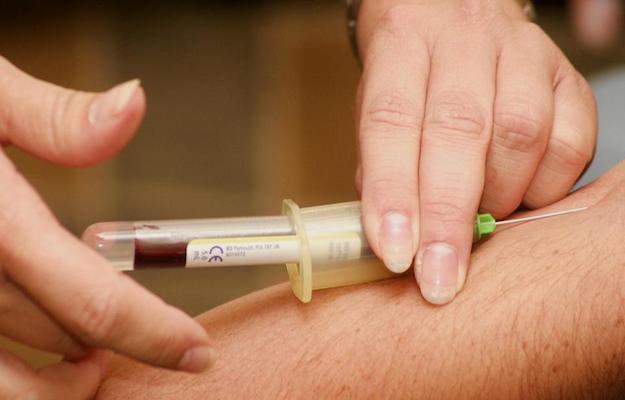India has the second-highest number of hemophilia patients
healthy soch
New Delhi, 18 April 2019 :
Despite improvement in medical technologies for the treatment of hemophilia, nearly 80% of Indians with the serious blood disorder are not diagnosed due to the absence of proper diagnostic facilities in the remote areas. India with nearly two lakh cases is estimated to have the second highest number of patients with hemophilia. The condition is usually inherited and about 1 in every 5,000 males is born with the disorder.
Hemophilia is a rare genetic bleeding disorder in which the blood does not clot properly. As a result, a person suffers from spontaneous and bleed for a longer time after sustaining an injury. This occurs due to the absence of a certain protein called clotting factors required for stopping the bleeding. The intensity of the condition depends on the amount of clotting factor present in the blood.
Speaking about this, Padma Shri Awardee, Dr KK Aggarwal, President, HCFI, said, “Females are carriers of hemophilia. It is not a life-threatening disorder unless the bleeding extends into a vital organ. However, it can be severely debilitating and there is no known cure for this disorder. About a third of new cases are caused due to a new mutation of the gene in the mother or the child. In cases where the mother is a carrier and the father does not have the disorder, there is a 50% chance of the male child having hemophilia and 50% chance of the female child being a carrier. One should see a doctor in case the following symptoms show up: a severe headache, repeated vomiting, neck pain, blurred or doubled vision, extreme sleepiness, and continuous bleeding from an injury.”
Hemophilia is of three types: A, B, and C and the difference between the three lies in the deficiency of a specific factor.
Adding further, Dr Aggarwal said, “The primary treatment for hemophilia is called factor replacement therapy. In this, the deficient factor is replaced by concentrates of clotting factor VIII (for hemophilia A) or clotting factor IX (for hemophilia B). These can be collected and purified from blood plasma or produced artificially in a laboratory (recombinant). They are given to the patient as an injection through a vein (intravenous) directly into the blood.”
Some tips from HCFI
- Adequate physical activity can help maintain body weight and improve muscle and bone strength. However, avoid physical activity that can cause injury and resultant bleeding.
- Avoid blood-thinning medication such as warfarin and heparin. It is also better to avoid over-the-counter medicines like aspirin and ibuprofen.
- Clean your teeth and gums thoroughly. Get tips from your dentist on how to do this without making the gums bleed.
- Get tested regularly for blood infections and get your doctor’s advice on hepatitis A and B vaccinations.
healthysoch







